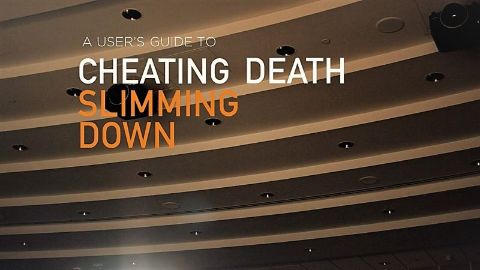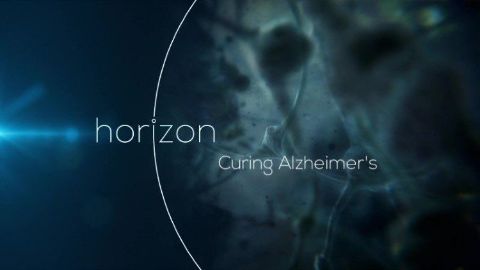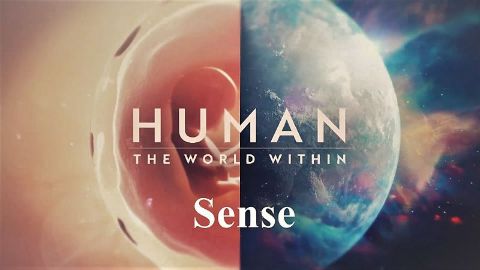Heart Transplant: A Chance to Live • 2018
This brings viewers the most complete picture of the process of organ donation and transplantation ever put on screen. Based at The Freeman Hospital in Newcastle, one of Europe's leading multi-organ transplant centres, the film follows a group of seven patients ranging in age from eight months to 56 years old, all in desperate need of a new heart.
Make a donation
Buy a brother a hot coffee? Or a cold beer?
Hope you're finding these documentaries fascinating and eye-opening. It's just me, working hard behind the scenes to bring you this enriching content.
Running and maintaining a website like this takes time and resources. That's why I'm reaching out to you. If you appreciate what I do and would like to support my efforts, would you consider "buying me a coffee"?
Donation addresses
BTC: bc1q8ldskxh4x9qnddhcrgcun8rtvddeldm2a07r2v
ETH: 0x5CCAAA1afc5c5D814129d99277dDb5A979672116
With your donation through , you can show your appreciation and help me keep this project going. Every contribution, no matter how small, makes a significant impact. It goes directly towards covering server costs.





